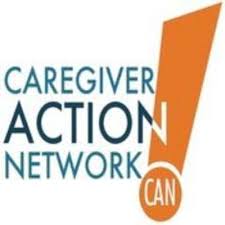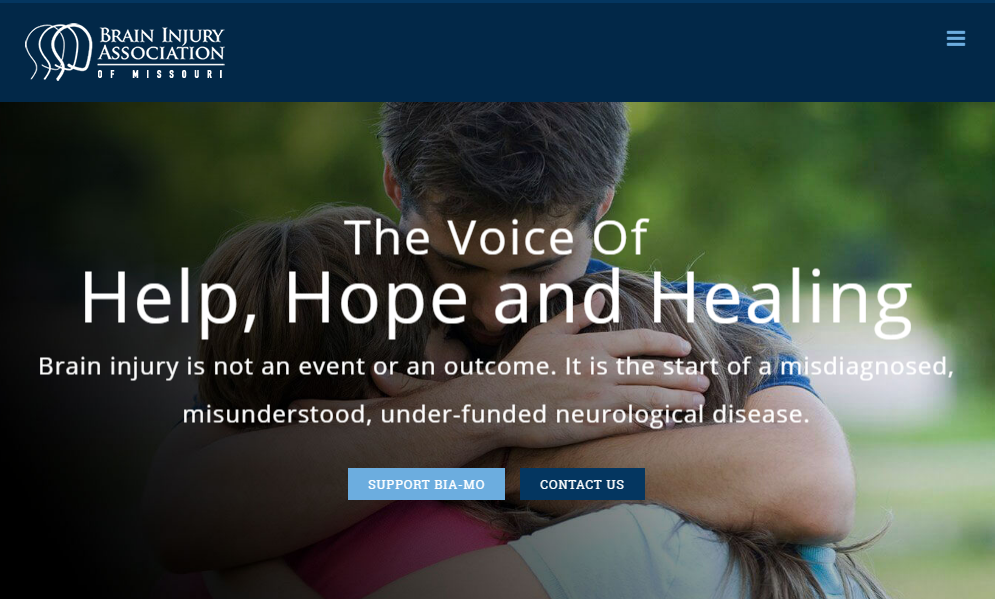20 Veterans Die Every Day By Suicide

June 27th is designated PTSD Awareness Day
By The Old Sarge
In World War I, they called it shell shock. During, and a long time after World War II, the common term was combat stress reaction. These days, we know this mental health issue as post-traumatic stress disorder, or PTSD.
No matter the term used, when it comes to veterans trying to battle though the fog of post-combat stress, far too many take their life into their own hands. Literally. In 2016, the U.S. Department of Veterans Affairs (VA) published a report stating an average of 20 veterans kill themselves every day.
Although anyone can suffer from PTSD, researchers found that the risk of suicide for veterans is 21% higher when compared to civilian adults.
June 27th is National PTSD Awareness Day and the U.S. Senate has designated the entire month of June as PTSD Awareness Month (S. Res. 481). Click here to learn more about PTSD.
The VA offers the following self-assessment questions to help learn whether you may suffer from PTSD. In the past month, have you:
- Had nightmares about the event(s) or thought about the event(s) when you did not want to? Yes / No
- Tried hard not to think about the event(s), or went out of your way to avoid situations that reminded you of the event(s)? Yes / No
- Been constantly on guard, watchful, or easily startled? Yes / No
- Felt numb or detached from people, activities, or your surroundings? Yes / No
- Felt guilty or unable to stop blaming yourself or others for the event(s) or any problems the event(s) may have caused? Yes / No
If you answer “Yes” to three or more items above, then the VA recommends that you talk with a mental healthcare provider to learn more about PTSD and PTSD treatment.
Answering “yes” to three or more questions doesn’t mean you have PTSD. Only a mental healthcare provider can assist with verifying the condition. And, if you do not answer “Yes” to 3 or more questions, you may still want to talk to a mental healthcare provider. If you have symptoms that persist following a trauma, treatment can help—whether or not you have PTSD.
Getting Help
If you suspect that you or a loved one may suffer from PTSD, contact the VA or talk to a mental health professional.
- National Suicide Prevention Lifeline: (800) 273-8255
- Veterans Crisis Line: (800) 273-8255, press “1”
Veterans with PTSD and other conditions may be eligible for service-connected VA disability benefits, or SSDI benefits. Visit Veterans.TrueHelp.com or click here to see how Allsup can help you with your VA disability appeal, or call (800) 854-1418, option 3.
Dan Allsup
Related Articles

Uncategorized
Helping Family Caregivers With What They Need to Know

Uncategorized
Understanding MS and Disability Benefits

Uncategorized
BIA-MO Gets Real about Brain Injury Awareness

